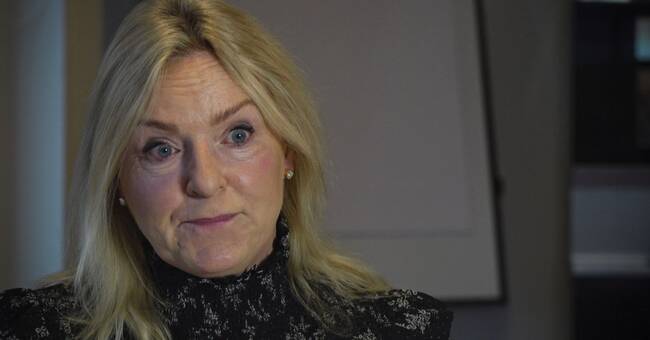104,000 people in Sweden live with wage garnishment according to the Enforcement Officer.
Then you can only keep the absolutely necessary things to survive, you live on the subsistence minimum.
At the same time, the Enforcement Officer estimates that at least 34,000 people have already paid the amount they once traded or borrowed for.
- The little you can pay only goes to interest and fees, never to the basic debt itself, we think it is a system error that makes people lie with us for decades with debts, says deputy national bailiff Cecilia Hegethorn Mogensen.
See more in the clip.
Want to change the law
According to the Enforcement Code, people who have debts with the Enforcement Officer must first pay back interest and fees, only if the money is enough can it be paid off on the engine in the debt, namely what you once borrowed or traded for.
Now the absolute highest peak within the authority is reacting.
- We would welcome an arrangement where you can primarily or to a greater extent pay off the basic debt itself, says Cecilia Hegethorn Mogensen.
Swedish Debt Collection: may threaten payment morale
But the trade association Svensk Inkasso does not agree.
- If we are to change this system, we can not only do it with the Enforcement Officer.
This will affect lending throughout the country, which risks threatening payment morale, says Fredrik Engström, who is chairman of the industry association Svensk Inkasso.

